Finances
What Are the 3 Credit Bureaus? How Do They Work?
Discover the inner workings of Equifax, Experian, and TransUnion – the trio shaping your financial destiny in the US. Unravel the secrets behind credit scores, loans, and financial well-being in this comprehensive guide!
Advertisement
A Comprehensive Guide to the 3 Credit Bureaus in the US!
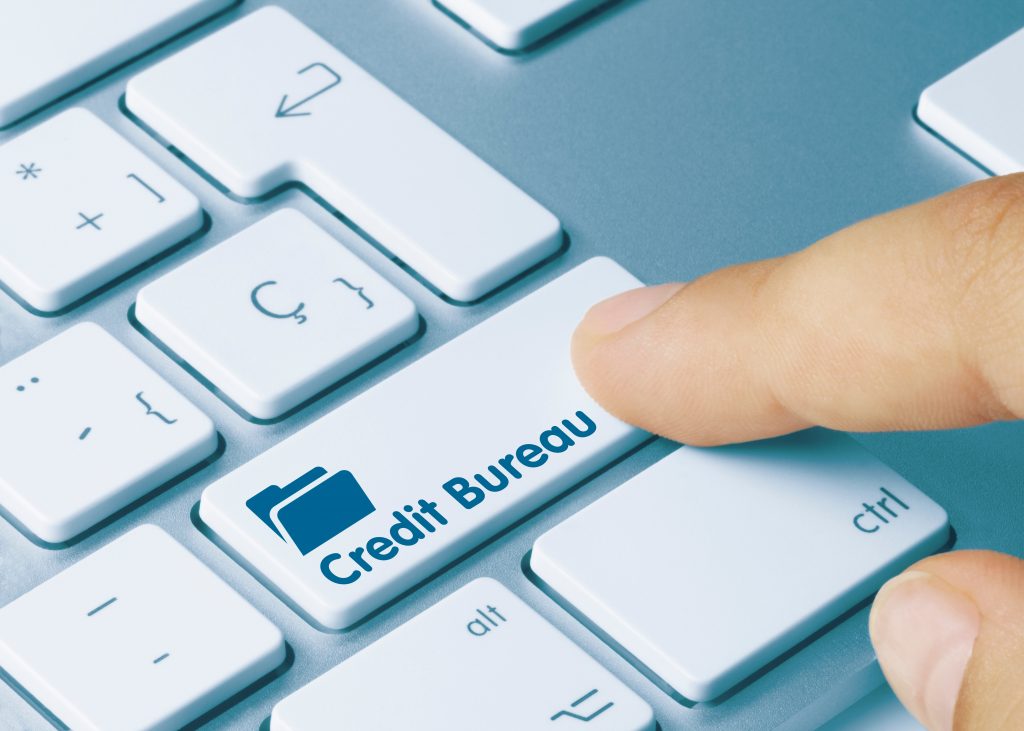
What are the 3 credit bureaus? In the intricate tapestry of personal finance, the role of credit bureaus stands as a pivotal thread that can significantly impact one’s financial journey.

The Best Credit Cards for Luxury Travel
Travel in luxury without breaking the bank! Discover which credit cards offer the most rewarding experiences for discerning travelers and explore the world in style.
Also, in the United States, the credit reporting system revolves around three major entities – Equifax, Experian, and TransUnion. So, you can read on to learn all about them!
What are the 3 credit bureaus?
The national credit bureaus are Experian, Equifax, and TransUnion.
Also, credit bureaus are organizations that generate and promote credit reports, according to the Consumer Financial Protection Bureau (CFPB).
Moreover, if you presently have a credit card or have ever taken out a loan, you should have a credit history as long as the information has been reported to one or more credit agencies.
What is the purpose of credit bureaus?
A credit bureau is an organization that compiles data on your credit history in order to produce a credit report.
Also, this usually covers the number of credit accounts, the duration of credit history, and the payment history.
Moreover, information from your credit report is shared with financial institutions as well as other parties.
Are credit bureaus regulated by the government?

Contrary to popular belief, credit bureaus such as Equifax, TransUnion, and Experian are not owned, controlled, or otherwise impacted by the federal government.
In essence, credit bureaus are for-profit, private businesses.
Moreover, the Consumer Financial Protection Bureau and the Fair Credit Reporting Act are two examples of the steps the government has taken to regulate credit bureaus tightly.
Which of the 3 credit bureaus is most important?
There isn’t a single “best” credit bureau; all three might provide you with useful data and resources to manage your finances.
Therefore, you need to check why you need to check your credit report. Also, you’ll need to get your credit score for free from all the credit bureaus to understand your credit score better.
How do credit bureaus gather information about your credit history?
A very small proportion of lenders and other financial organizations willingly provide their data to credit bureaus.
Also, the CFPB asserts that firms such as credit card issuers fall under this category. Banks and credit unions.
What information is included in your credit report?
The important financial information included in your credit reports is used by lenders to determine your credit risk or the likelihood that you will pay your bills on time.
So, read below the main information on your credit report:
- Debts: Account numbers, balances, payment histories, and the duration of time you’ve had credit cards and loans in your name are among the information referred to as “tradelines” on the report;
- Hard credit inquiries: They will know if you’ve had any hard credit checks made;
- Personal information: To ensure that creditors receive the proper report, information such as your name, address, Social Security number, and any previous names you may have used are necessary.

Find the best apps for budgeting in our guide!
If you're looking for apps specially tailored to your budgeting needs, read our post to see the best apps for budgeting!
What information is not included in your credit report?
Sometimes we may think that some information is considered in our credit reports when they are not. So, here are some information that they don’t consider in your credit report:
- Income: They will not consider your income in your report;
- Net worth: If you have this, it will not show on your credit report;
- Investments: No investment you’ve made will be considered in your report.
How often do credit bureaus update your credit report?
Your credit report and the credit reports of the three national credit reporting agencies (Equifax, Experian, and TransUnion) are updated concurrently when lenders provide new information.
At most, this happens once every 45 days or once a month on average. However, some lenders may update more often than this.
Can you request a free credit report from the credit bureaus?
Each of the three credit reporting agencies (CRAs) is required by law to provide you with a free credit report once a year. Moreover, the three reports can be ordered individually or all three at once.
You may keep an eye on your credit report all year long by getting your reports individually (every four months, for instance).
In addition, you can still request more reports once you receive your free annual credit report. Credit reporting firms are only permitted by law to charge $14.50 or less for credit reports.
Can you dispute errors on your credit report?
Any missing or inaccurate information in your credit report must be corrected, and this obligation applies to both the credit bureau and the company that provided the information.
Therefore, get in touch with the credit agency and the company that supplied the false information to have errors in your credit report corrected.
How do credit bureaus calculate credit scores?
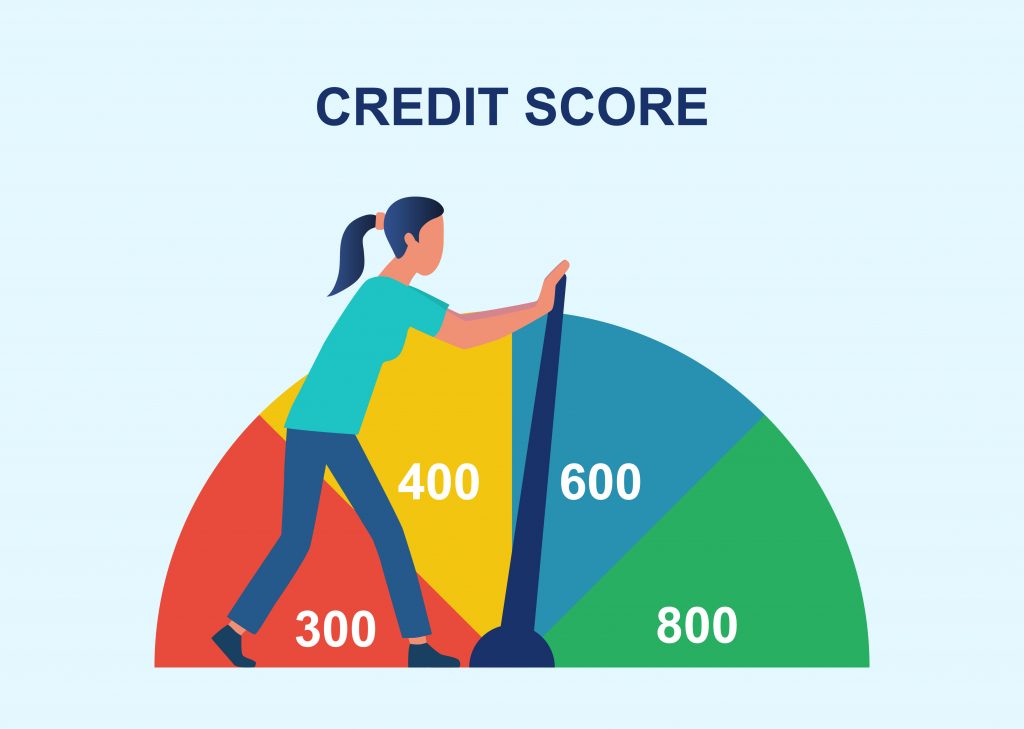
The following five criteria define your credit score, often known as your FICO score: payment history, amount due, duration of credit history, new credit, and credit mix.
While FICO does not disclose its exact process, it does disclose the primary elements that go into determining credit ratings.
How do credit bureaus impact your ability to get a credit card or loan?
Your chances of getting credit are negatively correlated with your perceived risk level, and the cost of credit will increase if you are granted credit.
Also, put another way, borrowing money will cost more. The range of scores is 300 to 850.
How can you improve your credit score on your credit history?
There are many ways for you to improve your credit score. However, it may take some time to make good use of your credit and financial products to see the results on your report.
So, here are some main tips to help you build credit:
Make your payments on time
One of the best things you can do to improve your credit score is to pay off your debts as soon as you can, in whole, and on time.
Also, your payment history has a significant impact on your credit score, therefore it’s essential to avoid making late payments.
Get a credit-building card
Even though credit cards can have a cost, getting one to use for everyday spending can improve your score over time.
However, you’ll need to use it responsibly and make sure it sends your monthly payment reports to all three major credit bureaus!
Don’t apply for many accounts
If you keep applying for many credit accounts, credit cards, bank accounts, and loans, it can decrease your credit score.
Moreover, if you want to learn more about finances and how to be wealthy, we can help. So, read our blog post below to learn the best apps and strategies to build wealth!

Discover the Best Managing Finances Apps
If you need to learn more about your finances, read on to dive into the world of managing finances apps with our comprehensive guide!
About the author / Victória Lourenço
Trending Topics
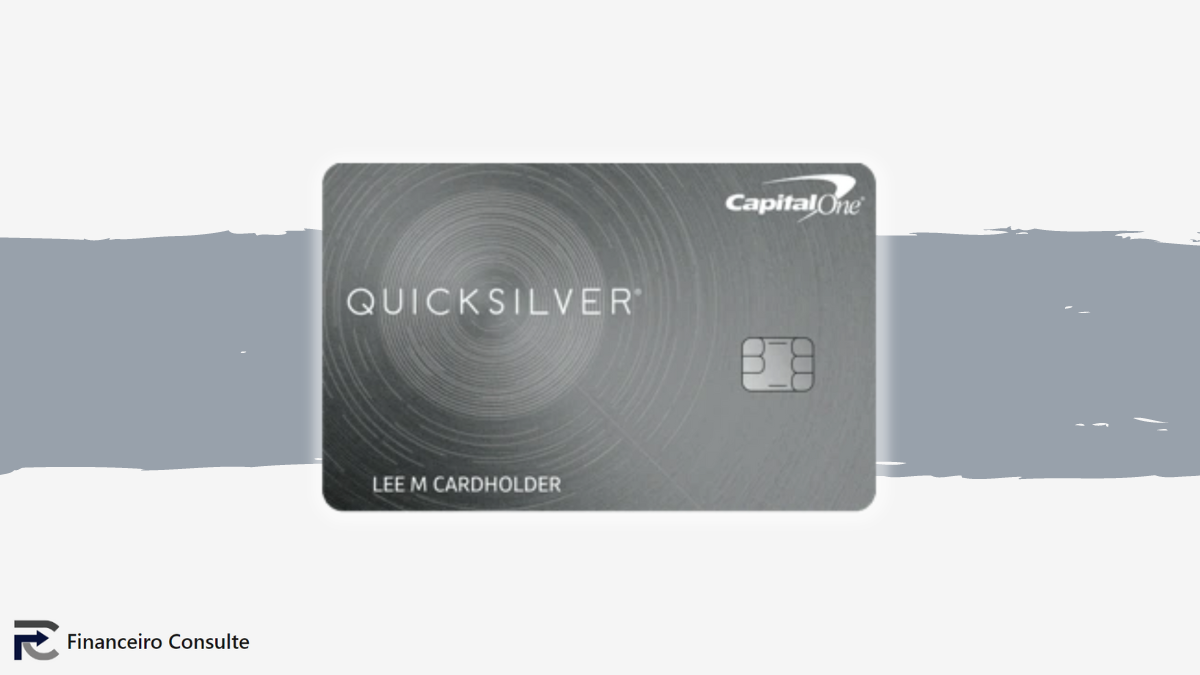
Apply for the Capital One Quicksilver Cash Rewards Credit Card
Check out this Capital One Quicksilver Cash Rewards Credit Card application guide and learn how to apply online for this card fast!
Keep Reading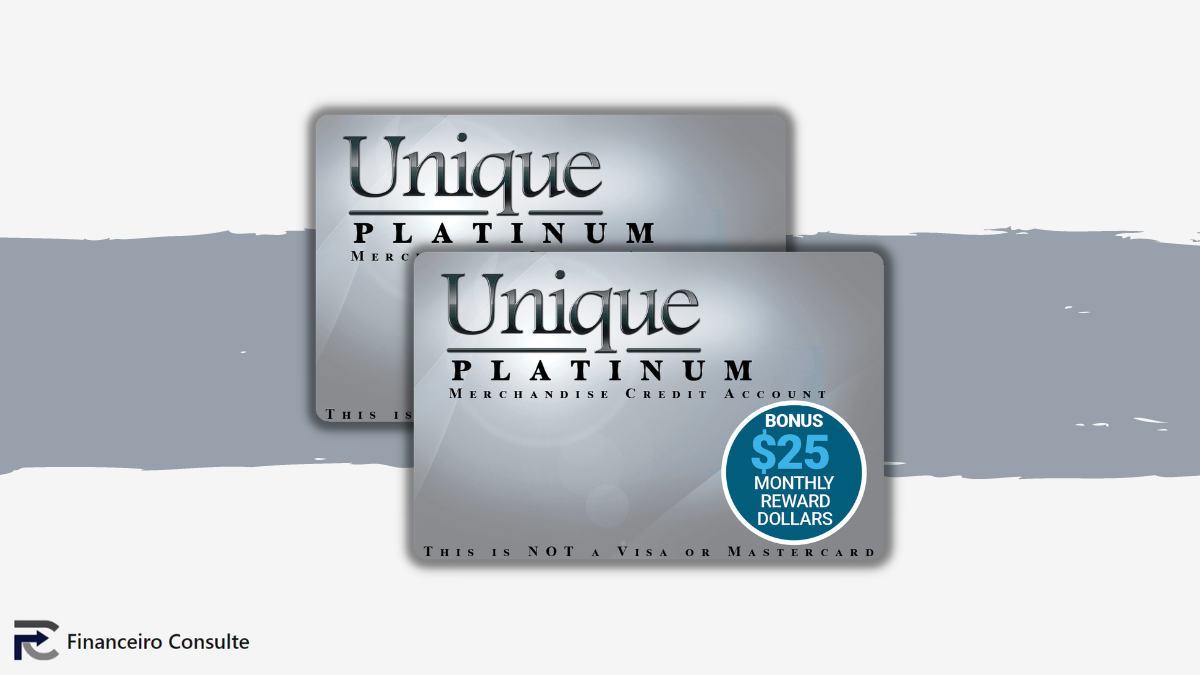
Unique Platinum Card review
Check our Unique Platinum Card review to learn how you can have easy access to a $1,000 merchandise credit line without a credit check!
Keep Reading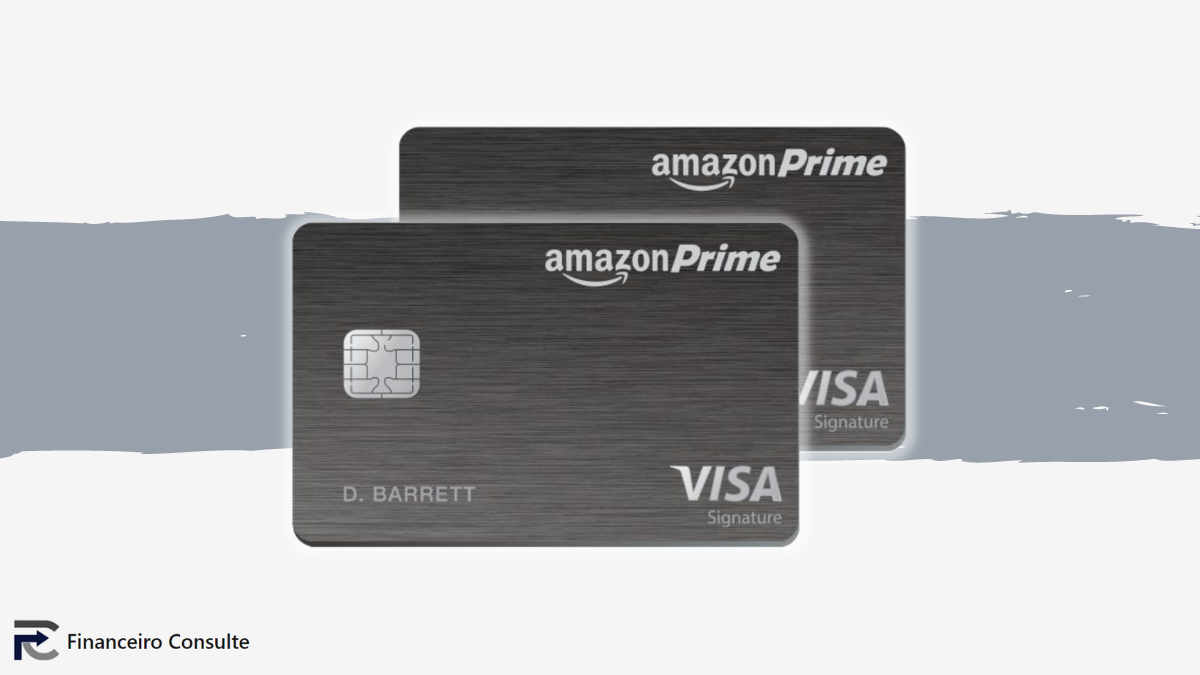
Amazon Prime Rewards Credit Card Review
Read more in the Amazon Prime Rewards review and see how you can start earning cash back rewards without hassle.
Keep ReadingYou may also like

Wesbank Personal Loans: flexibility that fits your budget
Take control of your financial journey with Wesbank Personal Loans. Explore convenient loan options for unique circumstances.
Keep Reading
Top 10 best apps for calorie counting to supercharge your health journey!
Are you looking for easier ways to keep track of your diet? If so, you can read on to learn about the best apps for calorie counting!
Keep Reading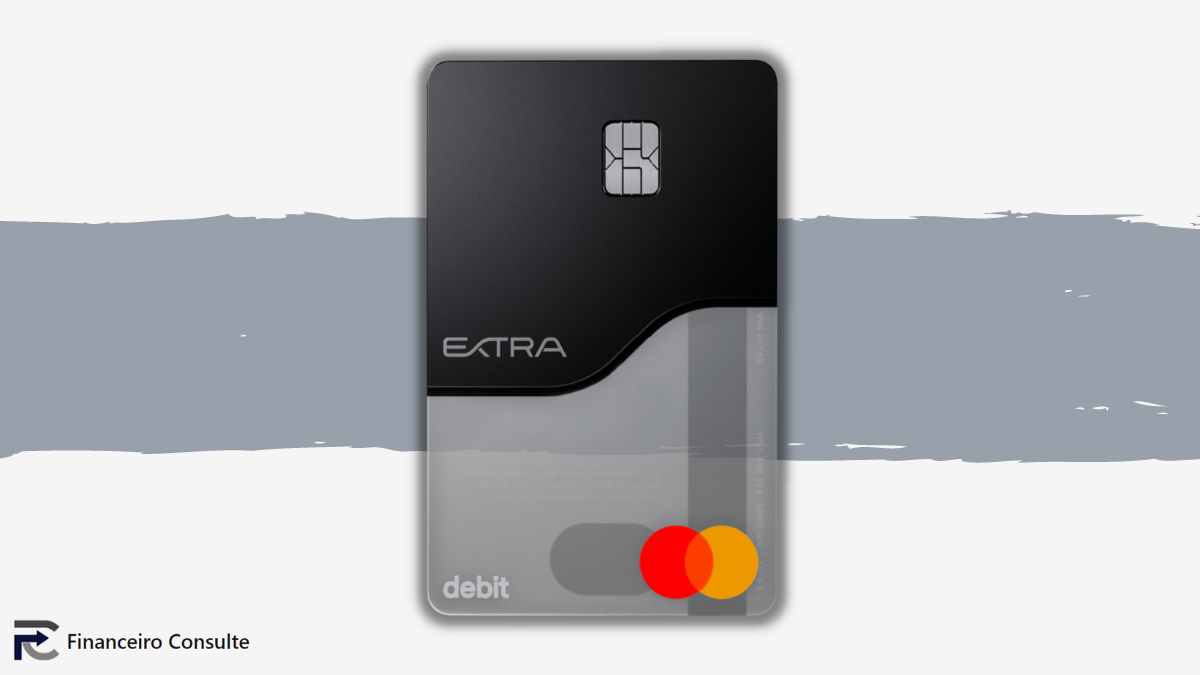
How to apply for the Extra Debit Card online: it takes minutes!
Looking for a debit card that can help build your credit? See the Extra Debit Card apply way may be the right option for you! Read on.
Keep Reading